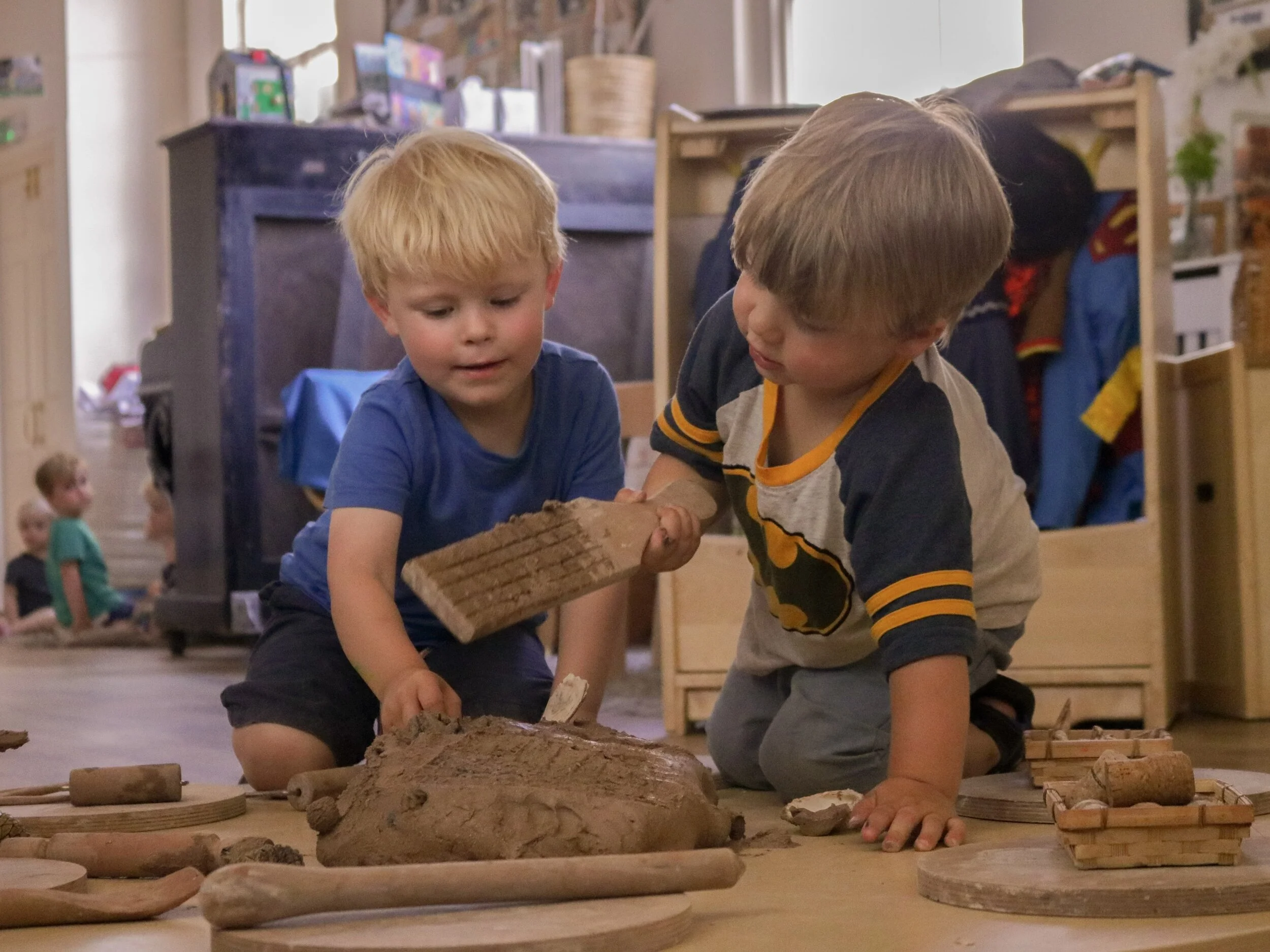Pedagogy
Just as in Reggio Emilia, at Atelier Nursery, each child is viewed as infinitely capable, creative and intelligent. The role of the practitioner is to support these qualities and to challenge children in appropriate ways.
What makes our pedagogy special? At Atelier Nursery we recognise ‘play as the language of childhood’ and the best way for children to be learning. We recognise play as giving children the opportunity to gain and embed new skills, develop their understanding and demonstrate their competencies.
We have a range of elements to our pedagogy, each one is just as important as the others and together they underpin our philosophy and support us as a team to provide engaging and captivating learning experiences.
Our pedagogy has been developed through experience, research, and theory and continues to evolve as our practice deepens. They also encompass the principles of the EYFS. Each of the elements of our pedagogy are designed to strengthen children’s educational success.
We understand that what children learn is important, but for us how children learn comes first, both in terms of our planning and our approach. It is therefore through play that we support children to build their confidence and independence. Through our interactions and planning we empower children to choose, to reason, reflect, imagine and empathise thus embedding the characteristics for effective learning both now and for the future.




















